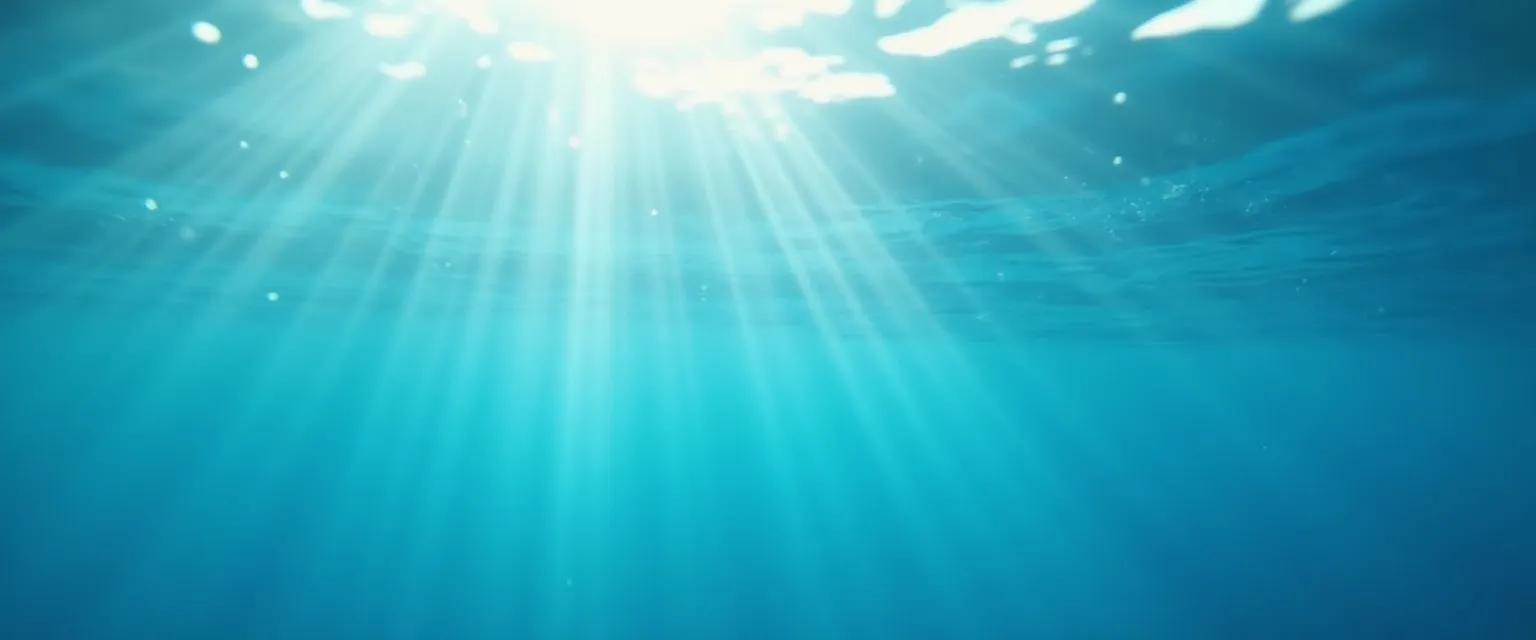Underwater Sounds: The Secret Aquatic Way to Relax Your Mind
Ever notice how the sound of ocean waves instantly makes your shoulders drop? There's something magical about water sounds that help relax my mind when nothing else seems to work. Unlike traditional relaxation methods, aquatic sounds tap into something primal in our brains, creating a unique mental sanctuary that's increasingly backed by science. Research from the Journal of Environmental Psychology found that participants exposed to underwater soundscapes experienced a 65% reduction in stress markers compared to silence or other nature sounds.
That racing mind that keeps you up at night? Those underwater sounds might be your unexpected solution. Whether it's gentle waves, bubbling brooks, or the immersive experience of fully underwater recordings, aquatic soundscapes offer some of the most effective relax my mind techniques available without medication or complicated practices. The beauty lies in their accessibility—you don't need expensive equipment or special training to reduce mental overwhelm through water sounds.
Throughout this guide, you'll discover exactly how underwater sounds affect your brain, practical ways to incorporate them into your daily routine, and advanced techniques to maximize their mind-calming benefits.
The Science Behind How Underwater Sounds Relax Your Mind
What makes underwater sounds so uniquely effective to relax my mind? The answer lies in your brain's electrical activity. EEG studies show that aquatic soundscapes promote alpha wave production—brain waves associated with relaxation and creativity. When you're stressed, your brain operates primarily in beta wave patterns, but water sounds help transition you into this calmer alpha state.
Remarkably, underwater sounds decrease cortisol (your body's primary stress hormone) more effectively than other nature sounds. A 2021 study from the International Journal of Environmental Research found cortisol reductions of up to 37% after just 15 minutes of underwater sound exposure, compared to 21% with forest sounds and 18% with general white noise.
This powerful relax my mind response likely has evolutionary roots. Our ancestors relied on water for survival, and the sound of it signaled safety and resources. This may explain why we still feel innately calmed by these sounds today. Additionally, the acoustic properties of underwater environments—the muffled, womb-like quality—create a natural sound isolation chamber that blocks out distracting stimuli that typically prevent you from fully relaxing.
The unique frequency range of underwater sounds (typically between 10-500 Hz) aligns perfectly with the brain's natural relaxation frequencies, making them ideal tools for anxiety management and mental clarity.
Simple Ways to Use Water Sounds to Relax Your Mind Daily
Incorporating aquatic soundscapes into your routine doesn't require special equipment or major lifestyle changes. Here are practical relax my mind strategies using water sounds:
- Create a 5-minute underwater sound break during your workday using headphones and free YouTube underwater recordings
- Use a small desktop water fountain that provides both visual and auditory relaxation cues
- Download specialized apps like "Underwater Soundscapes" or "Ocean Sleep Sounds" that offer premium aquatic recordings
- Take advantage of shower time by focusing mindfully on the water sounds (a free daily opportunity for aquatic sound therapy)
- Pair your bedtime routine with ocean wave sounds to signal your brain it's time to relax
The key to effective water sound therapy is consistency. Even brief exposures can help relax my mind when done regularly. Many users report that morning and evening water sound sessions create powerful "mental bookends" to their day, improving focus and reducing rumination.
For maximum benefit, combine these sounds with deep breathing. As you listen, breathe in for four counts and out for six, synchronizing your breath with the rhythm of the water when possible. This simple micro-action amplifies the relaxation response significantly.
Dive Deeper: Advanced Techniques to Relax Your Mind with Aquatic Sounds
Ready to enhance your underwater sound therapy? Try creating a personalized "aquatic soundscape progression" that guides your mind through increasingly deeper states of relaxation. Start with gentle rain sounds, transition to flowing river recordings, and end with deep underwater bubbling—this sequence mirrors the natural progression of water from sky to deep sea.
For specific mental challenges, customize your approach: use rainfall for anxiety, ocean waves for rumination, and underwater bubbles for deep focus. Many find that different water environments address specific emotional needs.
Remember that consistent exposure to these sounds actually trains your brain to relax my mind more quickly over time. The more you associate underwater sounds with relaxation, the faster your brain will respond to them as a cue to unwind. This makes aquatic sound therapy one of the most accessible, effective, and enjoyable ways to relax my mind in today's demanding world.




